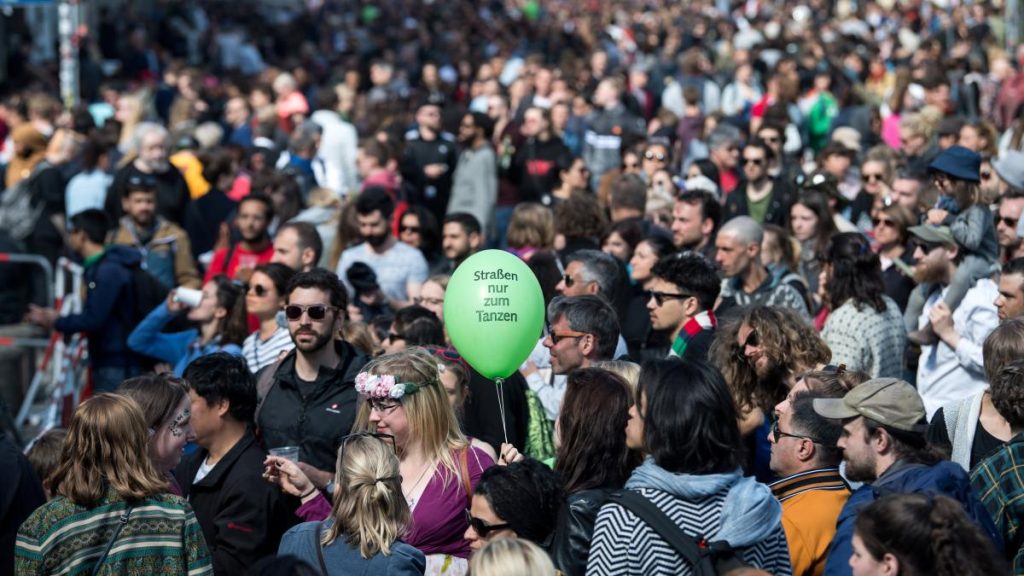For the past half-century, Halis Sönmez has lived in Berlin-Kreuzberg. He was part of the squatter scene and witnessed the May 1 riots year after year. Eventually, he decided to take action to reduce violence and founded the Myfest in 2003 with the motto that where people peacefully celebrate, there is no place for trouble. Despite facing resistance from his immediate circle, Sönmez’s plan was successful, recognized officially for contributing to the increasingly peaceful May Day celebrations in Kreuzberg. However, the current district mayor, Clara Herrmann of the Greens, has decided not to continue the Myfest, leaving Sönmez bewildered by the decision.
Sönmez finds it puzzling as the local community and the district government support the festival. The funds for the event come from the senate, costing the district nothing. Despite residents expressing their desire to continue the event, Herrmann refers to a survey from 2018 that suggested a different format for the festival with reduced commercialism and noise, focusing more on local connections and a stronger political message. Sönmez criticizes this decision, stating that Herrmann is simply not interested in the festival taking place and is actively hindering its continuation.
The disagreement between Sönmez and Herrmann escalated further as the former faced financial difficulties in planning the event due to lack of support from the district mayor. Despite expressing a willingness to cooperate with the local authorities, Sönmez was met with indifference from Herrmann, who seemed disinterested in discussing the matter. The situation was aggravated by the involvement of the state senator Iris Spranger, who expressed support for the festival but was unable to intervene due to Herrmann’s opposition.
The reasons behind Herrmann’s opposition to the Myfest remain unclear to Sönmez and others. Speculations suggest that the Greens may be dissatisfied with the festival’s non-political nature and view it as more of a public event. Criticism from other political parties highlights inconsistencies in the district’s approach to different events, questioning the motives behind Herrmann’s stance against the Myfest. The ongoing dispute, which led to the cancellation of the festival in 2023 and after three years hiatus due to the pandemic, is expected to continue.
Looking ahead, Sönmez plans to launch a petition in the neighborhood this summer to pressure the district authorities to reinstate the Myfest in 2025. While the festival will not take place this year, alternative events are scheduled in the neighborhood, including activities in the Görlitzer Park to provide a relaxing environment for residents and visitors on May 1st. The uncertainty surrounding the festival’s future reflects the ongoing tensions between the organizers and the district authorities, signaling a potential continuation of the dispute in the coming years.


